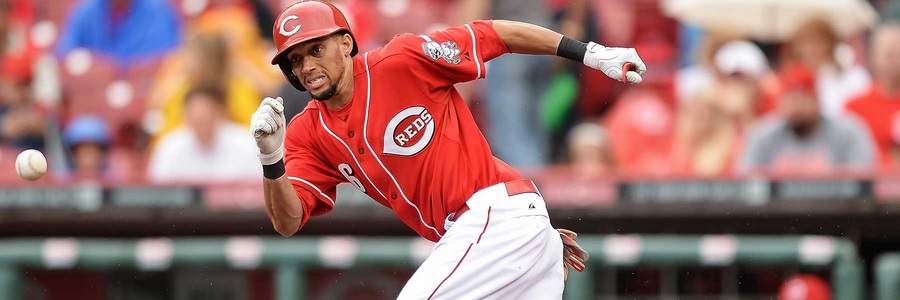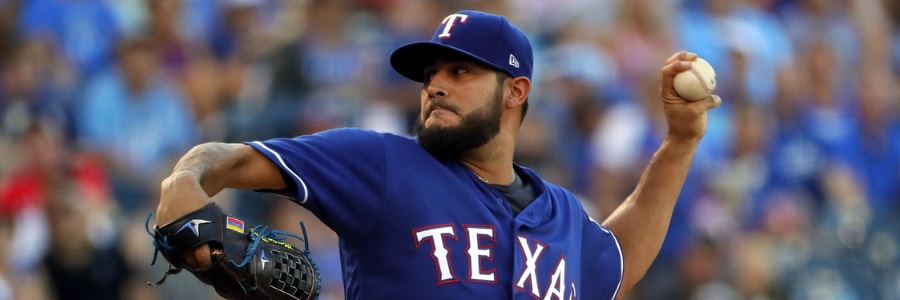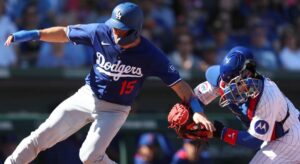Pitch Clock Coming to MLB Betting in 2018 and their Possible eEfects
Balls and Strikes
If a pitch isn’t thrown within 20 seconds, a ball would be called. If the hitter isn’t in the batter’s box with five seconds remaining, a strike would be called. Can you imagine you’re MLB betting on the Texas Rangers to beat the Seattle Mariners because ace right-hander Yu Darvish is on the mound against a mediocre Mariners starter and Darvish gets three or four time violations that results in balls being called, with, theoretically one or two of those violations resulting in free passes to first base for the runner. Then, let’s say Darvish gives up a run-scoring hit to the next batter while trying ‘rushing’ to stay within the pitching clock time limits. A scenario like this could very well affect how you choose to bet on the Rangers every time Darvish is on the mound. Balls, that would have never been called could lead to free passes and extra base runners, which could, in turn lead to guys infielders ‘rushing’ to make poorly executed double play attempts and…oh you get it.More or Less Offense
While it would seem that a pitching clock could produce more offense, it’s probably just as likely that it could produce lower scoring games, depending on who’s getting called for what. If a handful of pitchers in a particular game get called for time violations that result in walks and extra base runners, then the scoring in that game could very well be higher than normal. However, let’s say, Aaron Judge or Giancarlo Stanton get called for batter time violations that result in third-strike violations that effectively take the bats out of their hands and put them on the bench before they can take a final cut. The scoring could be down. MLB betting the total, or hell, or Run Line, for that matter, could get a whole lot more difficult in the very near future.Pitching Injuries
Will forcing a guy to pitch faster than he normally does result in more injuries to both, starters and their bullpen counterparts? It could, although there’s no real statistical evidence of that being the case right now. I mean, imagine Clayton Kershaw throwing a fastball one pitch, then his looping change-up then next, before coming back with another fastball or cutter. Now, imagine he’s pitching much faster than he normally does and either his mechanics or something else get ‘out of whack’ and he suffers some freak elbow injury that sidelines him for weeks, if not months. This will affect the way you bet on the Dodgers, possibly for the remainder of the season – or for a long stretch in a best case scenario. Injuries to pitchers could very well take place because of the addition of the pitching clock, but right now, no one really knows.








